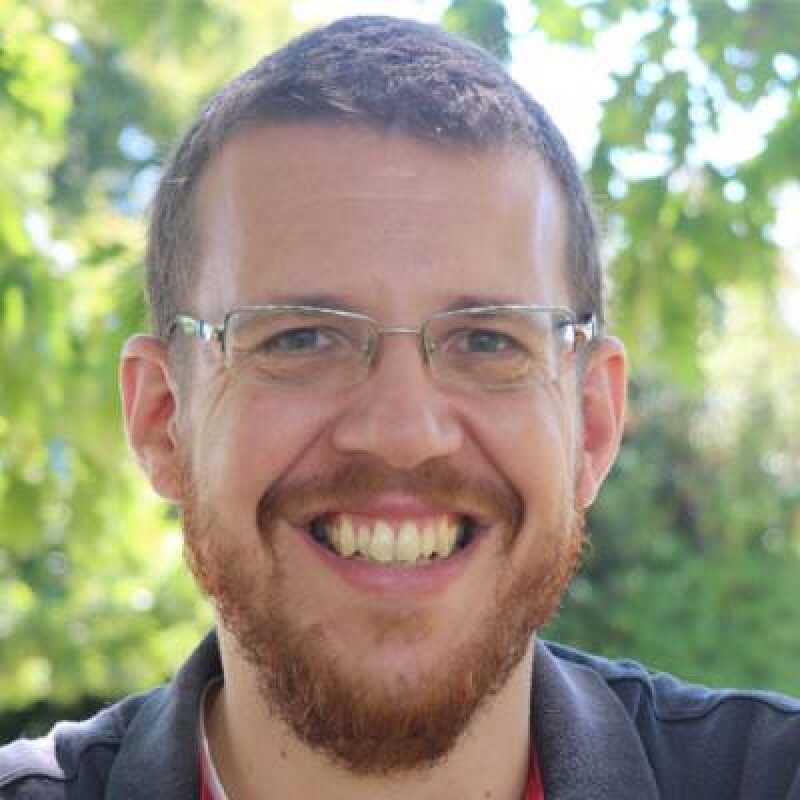- University of Kent
- School of Anthropology and Conservation
- People
- Dr David Roberts
Dr David Roberts
Course Convenor for BSc Wildlife Conservation,
Pathway Convenor for MSc Conservation and International Wildlife Trade


Prior to moving to the University of Kent in 2010, Dr David Roberts spent over eight years at the Royal Botanic Gardens, Kew (RBG Kew) as a senior scientist in the orchid section. During this time, he conducted extensive fieldwork in Africa, Madagascar and the Western Indian Ocean islands. Much of this work focused on taxonomy and the uses of museum specimens in relation to conservation, including modelling extinction, phenological responses to climate change and conservation status. During this time, he also held the Hrdy Fellowship in Conservation Biology at Harvard University.
Since moving to the Durrell Institute of Conservation and Ecology (DICE) at the University of Kent, he has focussed his research on (a) extinction modelling, (b) orchid ecology, (c) psychology of species identification and (d) the wildlife trade.
Extinction and species rediscovery
Knowing if a species still persists is important for effective conservation, whether it is a species at the edge of extinction or an invasive species. Much of Dr Roberts’s work has focussed on the development of statistical methods for inferring extinction. For example, if a species has not been seen for 20 years, is it extinct? More recently he has taken these principles related to rare events and end points, and applied it in the fields of archaeology, emerging infectious diseases and terrorism.
Orchid ecology
Following ‘On the origin of species...’ Darwin published his seminal work ‘On the various contrivances by which British and foreign orchids are fertilised...’ in support of his theory of evolution by natural selection. With an estimated 31,000 species, orchids are one of the largest, if not the largest, family of flowering plants. However, many species are threatened through factors such as habitat destruction, climate change and over-exploitation.
The county of Kent is ideally suited for researching orchid ecology, having the highest diversity of orchids of any county in the UK. Currently, Dr Roberts is focussing on the pollination ecology of anthropomorphic Orchis species and the two subspecies of Neotinea ustulata (Burnt-tip Orchid), although plans to expand his studies to mycorrhizal association, seed dispersal and other aspects of their ecology.
Psychology of species identification
Fundamentally, our interaction with biodiversity, whether it is through research or utilisation, requires a sound taxonomic base. Our understanding of the natural world and how humans are impacting it is based on the identification of species in time and space, often using human-based visual recognition. Humans, however, are not infallible, and misidentifications do occur, from the supposed rediscovery of an extinct species to the accidental ingestion of a poisonous plant species. This has led Dr Roberts to collaborate with colleagues in psychology to address questions of how are species identified? To what extent do misidentifications occur? And what level of identification error may lead to a change in biodiversity management outcomes?
Wildlife trade
Through his work on orchids at RBG Kew, Dr Roberts became interested in the wildlife trade, working on aspects from sustainable development, through to wildlife trade on the Dark Web. Current research focuses on cyber-enabled wildlife trafficking and economic aspects of the wildlife trade, both legal and illegal. While his initial research was on orchids, he now works on a variety of species and their products including ivory, reptiles, amphibians and other plant species.
Dr David Roberts is interested in supervising students in any of the three research areas described above.
Current students (MSc-R and PhD)
Loading publications...
Showing of total publications in the Kent Academic Repository. View all publications